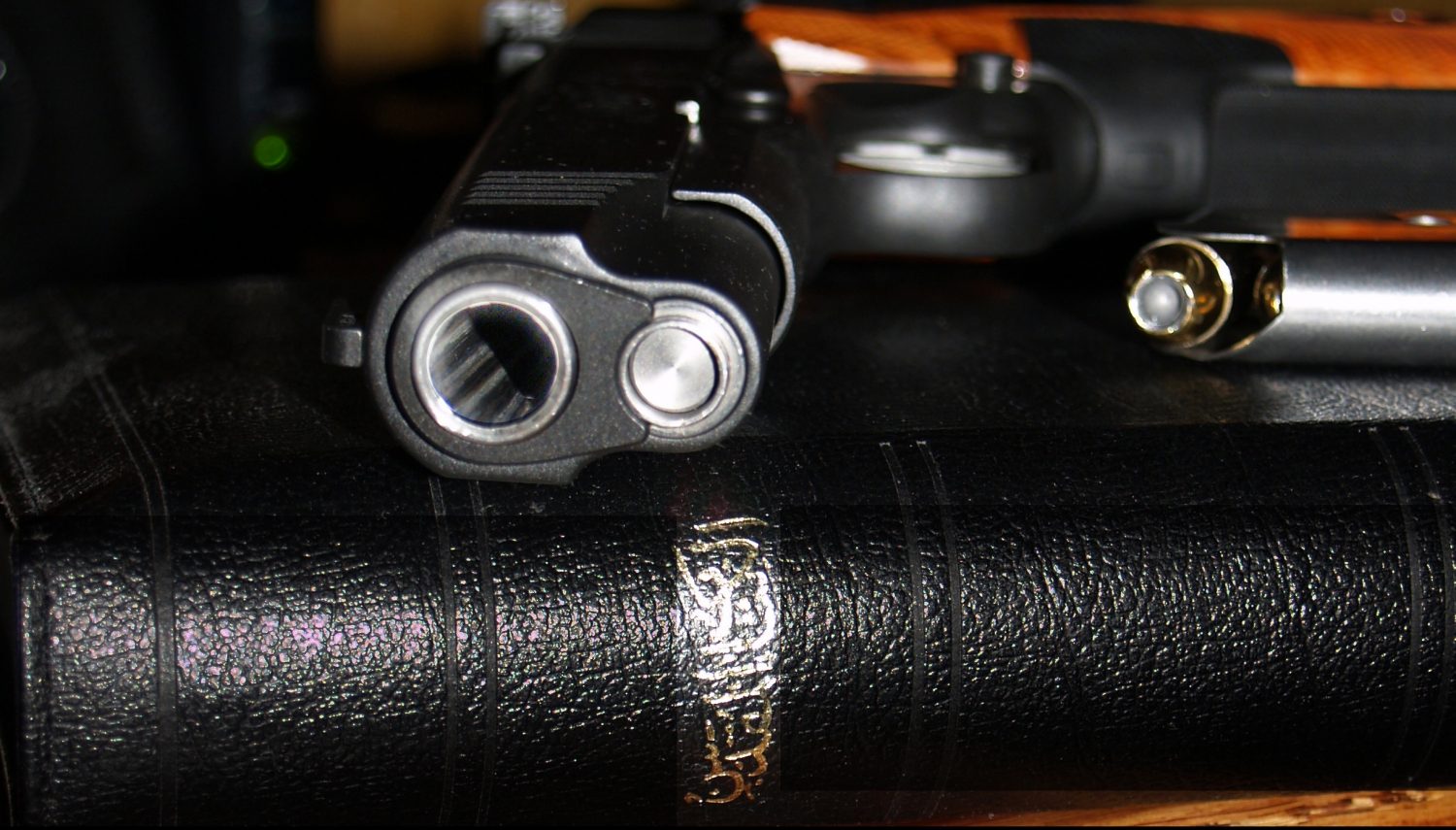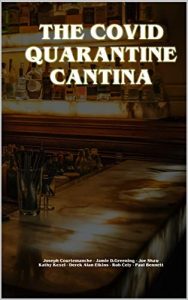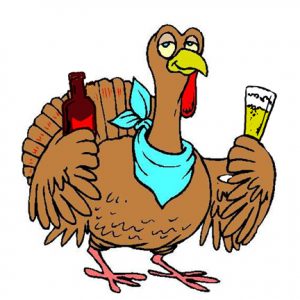Hey, it’s part of the Thanksgiving short story sweep, and it’s my turn today. The post is below the next paragraph! As has been the case all COVID long, it’s pretty dark!
We hope you’ll visit the other authors who comprise this collection: Paul Bennett, Robert Cely, Derek Elkins, Jamie D. Greening, Kathy Kexel, and Joe Shaw. As always, there’s no fee, we’re doing this to help you pass the time. We do ask that you buy our books/audio books to help pay the freight here. But that’s up to you! Mine are all on the right margin of the blog. Especially this new book, The COVID Quarantine Cantina – all the short stories we did last spring and summer in one location. Audio book coming soon (*like, any second now, they’re slow-rolling audio books this month for some reason!*)
Now, on to the story. It is important for you to remember that this is fiction. It’s a short story. It didn’t happen. It’s not meant to impugn anyone except human nature. So if you accept those ground rules, go forth and enjoy. If not, head back to your family gathering of 9 or fewer and don’t have any fun.
*** *** *** *** *** *** *** *** ***
Aaron Cooper lived in a small settlement in what would come to be known as Massachusetts. Just a few hundred people originally, now thinned down to a mere 220 following several very harsh winters and one failed crop.
The colony John Smith and Miles Standish led was just 20 leagues distant. Not much if you had a horse, you could be there in just a few days. But given that Aaron Cooper and his people had but two horses, it might as well have been a million miles away.
This fall day the two outposts of Puritan settlement had something in common: both had worked with the neighboring tribes to form agricultural collectives that had brought forth a solid harvest. As a result, Aaron had decreed a day of Thanksgiving and the local chief, a man known as Quiet Thinker by his people, had agreed it was a good time to celebrate the harvest.
The planting and harvest had been a collaboration by the groups, but each person had their own plot as well as the communal plot. Fortunately, for those with lesser skills, the most successful farmers had agreed to share a portion of their bounty to keep the less competent families through the impending winter, with the caveat that they had to help with the spring planting on the generous one’s private plots. Perhaps not all that generous in reality, and it certainly did engender a great deal of resentment among the less fortunate members of the colony. They felt that they were being treated as indentured servants – and they were. But too many had died the previous five winters from starvation and disease, and with enough food at hand, their concept of Christian Charity pushed through and led them to make arrangements.
On the day of the feast, the people of Quiet Thinker brought in game that they had hunted and prepared, and the Pilgrims lead by Aaron Cooper made a variety of pies, hard cider (there were many apples in the area, and they had over 100 hogshead worth at their supply), and a sort of mead made with wild honey. In addition, they slaughtered a large pig that had somehow thrived and gained a great deal of weight from the supply of apples available to the people.
Despite the language, and cultural barriers, a fine time was had by almost everyone during the day. But as night approached, some of the less competent farmers who now had to rely on charity, and were in bond for their labor in the next planting season, had gathered in a corner of the clearing and were drinking heavily.
That’s about the point at which one of Quiet Thinker’s people suggested that an exchange of virgins might bind the two groups together.
At first, there was a great deal of blushing. Then the red faces turned to anger. Anger that was egged on by the addition of alcohol and resentment over a great many things that Quiet Thinker’s people had nothing to do with.
One of the drunks from the corner remarked that under no circumstances would a white girl be given to the natives. The native who had suggested it, in good faith an hope of the settlements finding a common future, had a snootful of hard cider himself, and he pointed at the farmer and said (in quite good English) “I should have made it clear that I meant you. No woman would have you, but our young boys could practice on your bottom.”
History fails to record the other details of this incident except that forensic anthropologists have suggested that an orgy of blood, and human sacrifice followed, and not a single adult survived the early evening hours. The fires, and beheadings, put an end to any record of what actually happened, and it was another year until one of Standish’s men found the skeletons, or what was left of them when the scavengers got done, surrounding 30 empty barrels of hard cider. The location, and the events of that first Thanksgiving, fell down the memory hole when Standish and the others realized the amount of sin that had taken place in that clearing.
And that, ladies and gentlemen, is why only one group is remembered for the first Thanksgiving.


